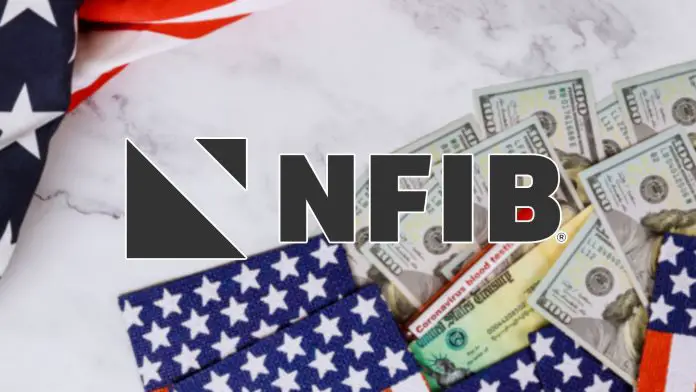A former employee of the Small Business Administration (SBA) is facing serious legal repercussions after being sentenced for her involvement in fraudulent schemes that exploited COVID-19 relief funds. On June 13, 2023, Malaina Chapman, aged 38, received a 54-month prison sentence along with three years of supervised release and was ordered to pay restitution of over $1.29 million.
This case sheds light on the critical importance of integrity within financial assistance programs aimed at supporting small businesses during economic crises. It serves as a cautionary tale for small business owners who rely on these crucial resources.
Chapman, who worked as a Disaster Relief Specialist from September 2020 to March 2021, took advantage of her inside knowledge to orchestrate a series of deceptions against the Paycheck Protection Program (PPP) and the Economic Injury Disaster Loan (EIDL) program. During her employment, she submitted fraudulent applications to secure loans for several businesses, falsely inflating revenue and payroll figures. For instance, she claimed to have received $17,052.50 for Upscale Credit Lounge, LLC, and another $35,477.50 for DA TRAP, LLC, based on misleading financial documents.
The total amount obtained through her false applications reached approximately $230,246. Additionally, Chapman conspired with others to submit further fraudulent applications, leading to losses of an estimated $837,716. The case highlights the vulnerability of small business assistance programs, which were established to provide financial relief during the devastating pandemic.
U.S. Attorney Hayden P. O’Byrne, alongside multiple investigative agencies including the U.S. Postal Service Office of Inspector General and the U.S. Small Business Administration Office of Inspector General, announced the case’s details. "This sentence demonstrates our commitment to holding accountable those who attempt to exploit programs designed to aid struggling businesses," said O’Byrne.
Inappropriately using funds meant for economic support, Chapman reportedly indulged in luxury expenditures, ranging from designer items to extravagant vacations, rather than channels that would foster revival for small businesses. This misuse begs the question of how small business owners can protect themselves from potential fraud and misunderstandings related to government funding.
The CARES Act, enacted in March 2020, was designed to deliver swift financial assistance to those affected by the pandemic. It authorized programs that provided funds for millions of businesses facing economic hardship. However, this case demonstrates the potential pitfalls amid the urgency of accessing available resources. Small business owners should remain vigilant by ensuring they comprehend the application processes and documentation thoroughly. Misstatements—even unintentional ones—could lead to severe consequences, including disqualification from future assistance or even fraud charges.
The implications of such fraudulent activities extend beyond individual accountability; they can tarnish the reputation of legitimate programs meant to assist small businesses. As the COVID-19 Fraud Enforcement Task Force, established by the Department of Justice, works to combat fraud, the need for increased scrutiny over applications and the ethical use of relief funds becomes essential.
Navigating financial assistance can be perplexing, and small business owners must equip themselves with knowledge about legitimate funding sources and their requirements. Engaging with trusted financial advisors or legal professionals may mitigate risks associated with misapplication or misunderstanding of program guidelines.
While the case against Chapman serves as a harsh reminder of the responsibilities that accompany the reception of government support, it also reinforces the urgency for small business owners to champion transparency and ethical practices. It’s incumbent upon the business community to advocate for systems that ensure relief funds are channeled effectively to those truly in need.
As small business owners continue to recover and adapt in the post-pandemic landscape, understanding the mechanisms of these relief programs will be paramount. The lessons from this case underscore the importance of vigilance and ethical accountability, not just for compliance, but to invoke trust in programs that can make a meaningful difference.
For those interested in further details on this case, please refer to the original U.S. Department of Justice press release at this link.
Image Via Envato: photovs



